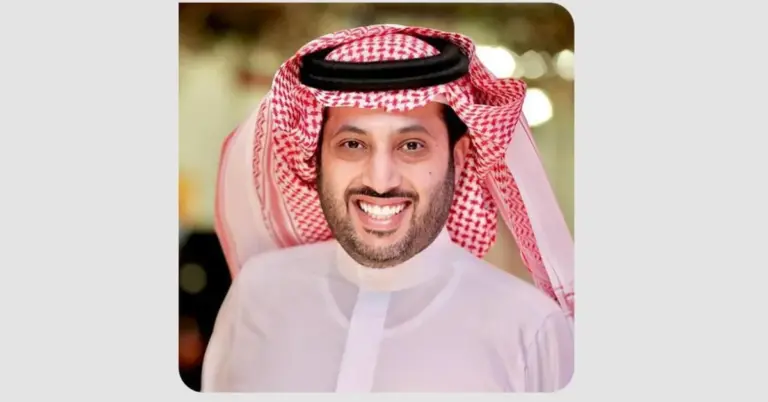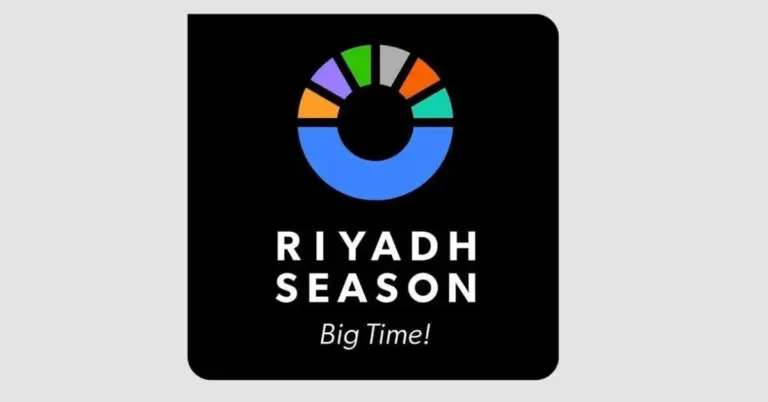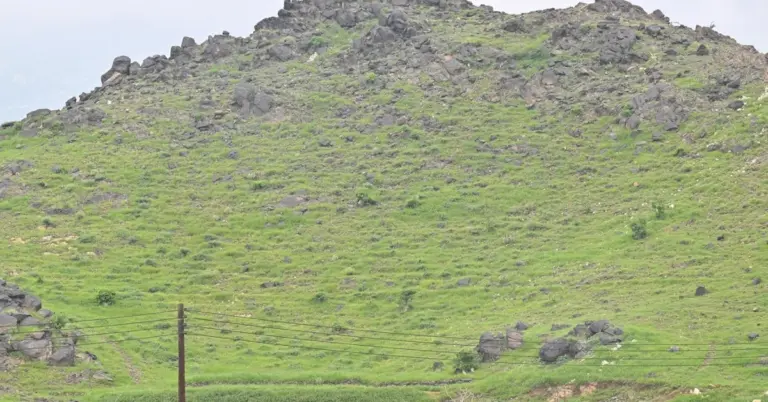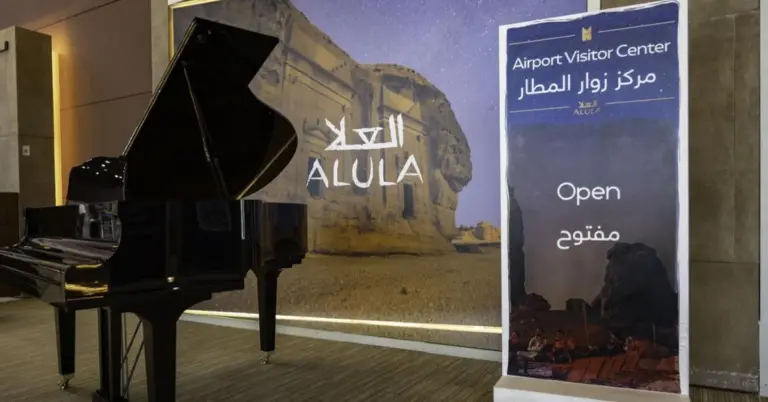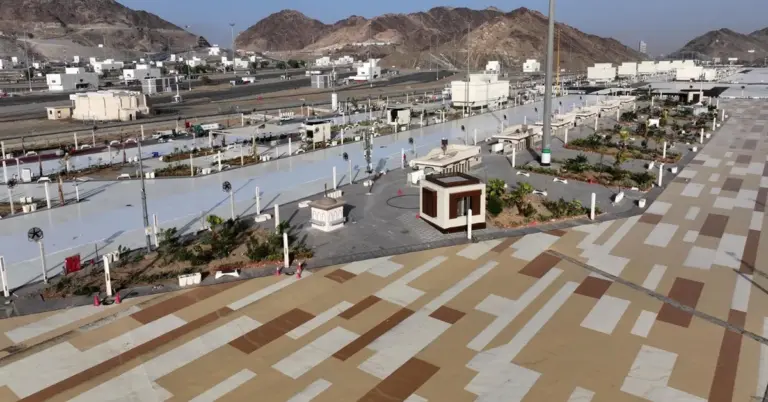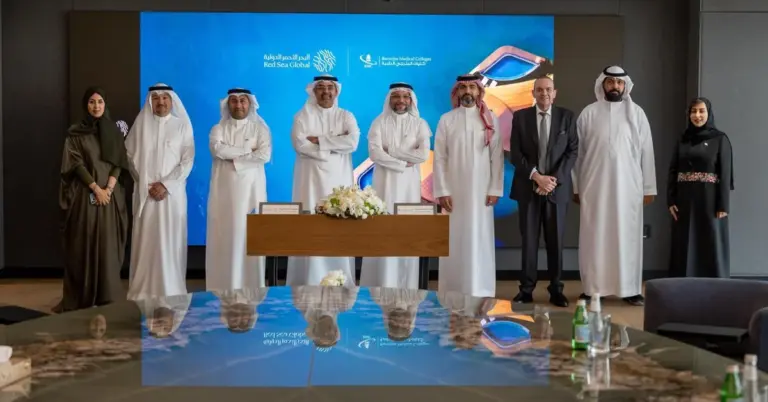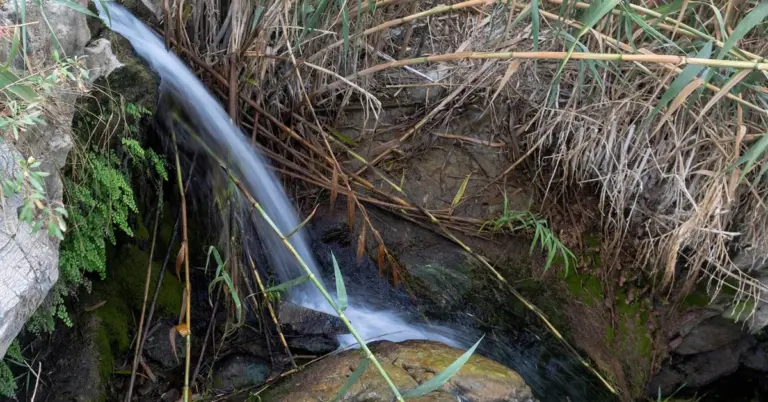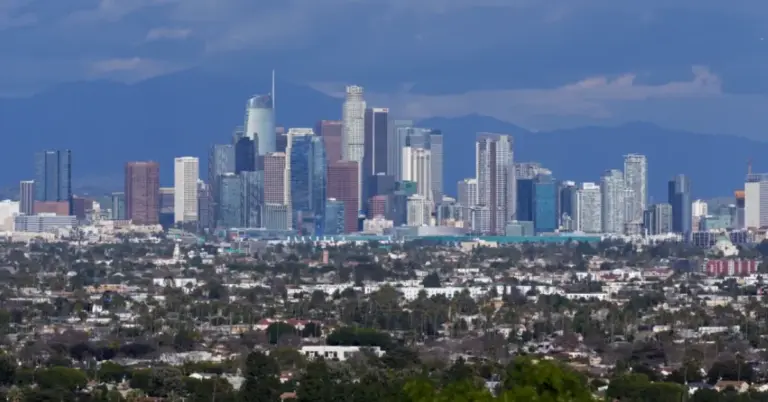**Titular**: Corte de Medina investiga tráfico de anfetaminas
**Intro**: Un residente de Medina enfrenta cargos por intentar vender anfetaminas, sustancia controlada, según la Dirección General de Control de Narcóticos (GDNC). El caso fue remitido a la Fiscalía para procesamiento legal, mientras autoridades instan a denunciar actividades ilícitas relacionadas con drogas en el Reino.
**Factbox**:
– *Denuncias*:
– Regiones La Meca, Riad y Este: llamar al **911**.
– Otras zonas: marcar **999** o contactar a GDNC (**995** / *[email protected]*).
– Reportes manejados con *confidencialidad*.
**Madinah Court Investigates Amphetamine Trafficking Case: Accused Referred to Public Prosecution**
*August 04, 2023*
In a significant development underscoring Saudi Arabia’s stringent anti-narcotics stance, the Madinah Region Court has launched legal proceedings against a local resident accused of attempting to sell amphetamines, a controlled substance classified under the Kingdom’s narcotics laws. The case, spearheaded by the **General Directorate of Narcotics Control (GDNC)**, highlights the authorities’ relentless efforts to dismantle drug networks.
—
### **Case Overview: GDNC Uncovers Trafficking Attempt**
According to official reports, the GDNC identified and apprehended the accused following a targeted investigation into illicit drug activities. The suspect allegedly sought to distribute amphetamines, substances strictly prohibited under Saudi law due to their severe public health and societal risks.
– **Charges**: Attempted sale of amphetamines (classified as a Schedule I controlled substance).
– **Legal Action**: The accused has been formally referred to the **Public Prosecution** to face charges under the Kingdom’s anti-narcotics legislation, which mandates severe penalties for trafficking offenses.
—
### **Legal Proceedings and National Anti-Drug Framework**
Saudi Arabia’s legal framework treats drug-related crimes with zero tolerance. The referral of this case to the Public Prosecution signals the judiciary’s commitment to expediting trials and enforcing accountability. Key aspects of the process include:
1. **Evidence Review**: The court will evaluate GDNC findings, including surveillance and forensic reports.
2. **Prosecution Oversight**: The Public Prosecution will determine charges and ensure due process.
3. **Potential Penalties**: Convictions for drug trafficking may lead to lengthy prison terms, fines, or, in severe cases, capital punishment.
—
### **Public Urged to Report Drug Crimes: Confidential Hotlines**
Authorities reiterated the critical role of community cooperation in combating drug trafficking. Citizens and residents are urged to report suspicious activities through the following channels:
– **Emergency Contacts**:
– 📞 **911**: For residents in **Makkah, Riyadh, and the Eastern Province**.
– 📞 **999**: For all other regions within Saudi Arabia.
– **Direct GDNC Reporting**:
– 📞 Hotline: **995**
– 📧 Email: **[email protected]**
*All reports are handled with strict confidentiality*, ensuring the safety and anonymity of informants.
—
### **Saudi Arabia’s War on Drugs: A National Priority**
This case aligns with broader national initiatives to eradicate drug smuggling and protect societal well-being. The GDNC has intensified operations across the Kingdom, leveraging advanced technology and cross-border collaboration to intercept narcotics and apprehend offenders.
—
### **Conclusion**
The Madinah court case serves as a stark reminder of the consequences of involvement in drug-related crimes. Saudi authorities continue to prioritize public safety through rigorous law enforcement and community engagement. Citizens are reminded that vigilance and prompt reporting remain vital tools in safeguarding communities.
—
**FAQ Section**
**Q: What penalties do drug traffickers face in Saudi Arabia?**
A: Penalties range from imprisonment to fines and, in extreme cases, the death penalty, depending on the quantity and type of substance.
**Q: How can I report drug activity anonymously?**
A: Dial 911/999 based on your region or contact GDNC directly at 995 or [email protected]. All identities are protected.
**Q: What substances are banned under Saudi narcotics laws?**
A: Amphetamines, cannabis, heroin, and synthetic drugs are strictly prohibited.
*For media inquiries, contact the GDNC Communications Division.*
—
*Featured Image Suggestion: A GDNC badge or courtroom gavel symbolizing justice.*
**FAQs: Madinah Amphetamine Sale Investigation & Reporting Protocols**
1. **Q:** What criminal charges does the accused face in the Madinah amphetamine case?
**A:** The defendant is charged with attempting to sell amphetamines, a controlled substance, violating Saudi Arabia’s anti-narcotics laws. The GDNC-led investigation confirmed the offense, leading to referral to the Public Prosecution for trial.
2. **Q:** What role did the GDNC play in this investigation?
**A:** The GDNC conducted surveillance and evidence collection, identified the accused’s involvement in amphetamine distribution, and formally referred the case to the Public Prosecution to initiate legal proceedings.
3. **Q:** What happens after the case is transferred to the Public Prosecution?
**A:** The Public Prosecution reviews evidence, files formal charges, and prepares for court proceedings. They ensure legal compliance and represent the state in pursuing penalties under Saudi narcotics regulations.
4. **Q:** Why do some Saudi regions use 911 for drug crime reports, while others use 999?
**A:** 911 is designated for emergencies in Makkah, Riyadh, and the Eastern Province. Other regions, including Madinah, use 999 to streamline response efficiency based on localized emergency systems.
5. **Q:** How can citizens report suspected drug trafficking anonymously?
**A:** Reports can be made via GDNC’s dedicated hotline (995) or email ([email protected]). All information is handled confidentially, with no requirement to disclose the reporter’s identity.
6. **Q:** What legal penalties might the accused face if convicted?
**A:** Saudi law imposes severe penalties for drug trafficking, including lengthy prison terms, heavy fines, and possibly capital punishment, depending on the quantity and nature of the offense.
7. **Q:** Are tips to the GDNC protected by confidentiality agreements?
**A:** Yes. The GDNC guarantees strict confidentiality for all reports, safeguarding informants’ identities and details throughout investigations to ensure safety and legal integrity.
8. **Q:** How does the Public Prosecution’s involvement affect the case’s timeline?
**A:** The Prosecution’s review expedites formal charges, ensuring adherence to judicial protocols. Delays depend on evidence complexity, but Saudi courts prioritize narcotics cases due to their societal impact.
9. **Q:** What distinguishes amphetamine crimes from other drug offenses in Saudi Arabia?
**A:** Amphetamine trafficking is treated as a high-priority offense due to its addictive nature and societal harm. Penalties align with other narcotics but may escalate based on distribution scale.
10. **Q:** Can non-residents report drug-related activities in Saudi Arabia?
**A:** Yes. The GDNC accepts reports from anyone within the Kingdom, regardless of residency, via 995 or email. Urgent cases should use regional emergency numbers (911/999).
11. **Q:** What civic duties do residents have under Saudi law regarding drug crimes?
**A:** Citizens and residents must report suspected drug activities immediately. Failure to report can result in legal consequences, emphasizing collective responsibility in combating narcotics.
12. **Q:** How does the GDNC verify the credibility of drug-related tips?
**A:** The GDNC cross-checks reports with surveillance, witness accounts, and forensic analysis. False reports are penalized, ensuring only actionable intelligence progresses to legal stages.
13. **Q:** Are there awareness campaigns in Madinah to prevent drug offenses?
**A:** Saudi authorities regularly run anti-narcotics campaigns nationwide, including Madinah, educating communities about reporting mechanisms and legal repercussions of drug involvement.
14. **Q:** What safeguards exist for individuals wrongly accused of drug crimes?
**A:** Defendants receive legal representation, and courts require rigorous evidence for conviction. False accusations are investigated, with penalties for malicious reporters to prevent misuse.
15. **Q:** How effective are Saudi Arabia’s drug crime reporting systems?
**A:** High effectiveness due to streamlined hotlines (911/999/995), public cooperation, and swift GDNC responses. Confidentiality assurances and strict laws bolster reporting rates and successful prosecutions.
**📢 Llamado a la Acción (CTA):**
🚨 **¡Tu colaboración salva vidas!** Si tienes información sobre tráfico o distribución de drogas en el Reino, **actúa ahora**.
– 📞 **Residentes de Meca, Riad y la Región Oriental**: Llama al **911**.
– 📞 **Otras regiones del Reino**: Contacta al **999**.
– 🕵️♂️ Para reportes directos a la **Dirección General de Control de Narcóticos (GDNC)**:
– Teléfono: **995**
– Correo electrónico: **[email protected]**
🔒 Todos los reportes se manejan con **confidencialidad absoluta**. ¡No permitas que las drogas dañen tu comunidad!
—
**🔍 Conclusión:**
El caso del residente de Medina acusado de intentar vender anfetaminas refleja la firmeza de las autoridades saudíes en combatir el narcotráfico. La remisión del caso a la Fiscalía Pública subraya el compromiso con la justicia y la seguridad ciudadana. Este proceso legal sirve como advertencia contundente: las actividades ilícitas no quedarán impunes. La colaboración ciudadana es clave para erradicar estas amenazas y proteger el tejido social del Reino.
—
**🙏 Agradecimiento:**
Agradecemos a la comunidad por su compromiso con la seguridad y la justicia. Cada reporte responsable contribuye a construir un entorno libre de drogas para las futuras generaciones. Juntos, seguiremos fortaleciendo la protección de nuestra sociedad.
*— Unidos por un Reino seguro y próspero.*
—
✨ **#SeguridadEsResponsabilidadDeTodos** ✨

